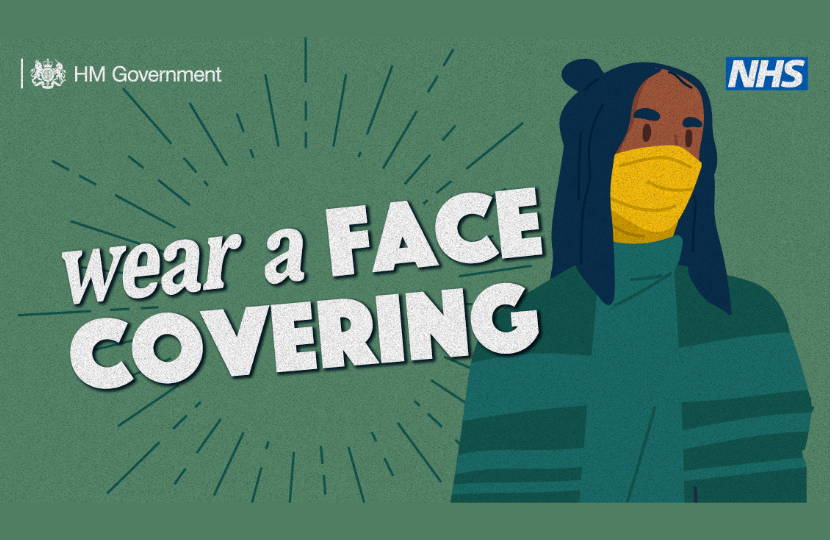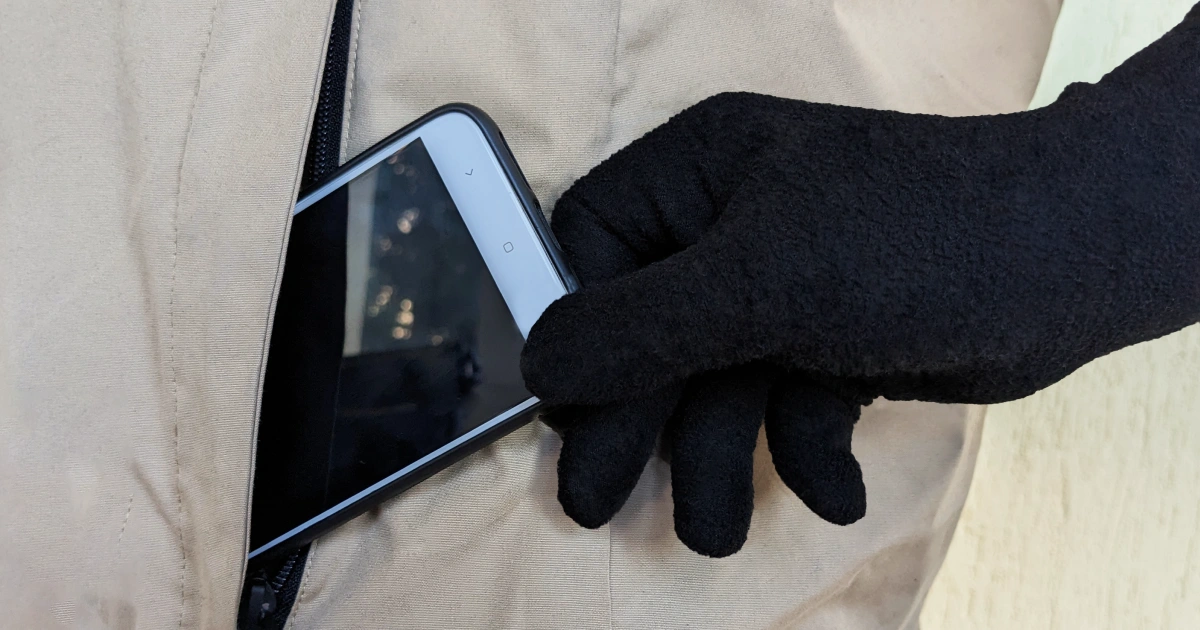Face coverings mandatory in shops, supermarkets, shopping centres and enclosed transport hubs from Friday

London — Face coverings must be worn in additional enclosed public spaces from 24 July in England, as the government takes further steps to help curb the spread of the virus.
Where do I have to wear a face-covering?
You must wear a face mask in shops, supermarkets, takeaways, sandwich shops, banks, building societies and post offices. The places where the use of face coverings are not mandatory are in restaurants and pubs, hairdressers, gyms, leisure centres, cinemas, concert halls and theatres.
Wearing a face covering will not be made mandatory in other venues that have measures in place to protect staff and the public from COVID-19. These include:
- eat-in restaurants and pubs
- hairdressers and other treatment salons
- gyms and leisure centres
- cinemas, concert halls and theatres
For transport hubs in England, the requirements mean face coverings must be worn in indoor train stations and terminals, airports, maritime ports, and indoor bus and coach stations or terminals.
Wearing a face covering will not be made mandatory in venues such as:
- hairdressers and close-contact services
- eat-in restaurants, cafes and pubs. Face coverings will be required in cafes or take-away restaurants that do not provide table service, other than in designated seating areas
- entertainment venues, including cinemas, concert halls and theatres
- visitor attractions (such as heritage sites or museums)
- gyms and leisure centres
- dentists or opticians. But NHS guidance states that face coverings should be worn in hospitals
Those with the following circumstances are also exempt from wearing a face covering, regardless of the venue:
- children under the age of 11
- those with disabilities or the following health conditions:
- breathing difficulties and other respiratory conditions
- conditions affecting their dexterity, meaning they are not able to put on a face covering
- mental health conditions such as anxiety or panic disorders
- other non-visible disabilities such as autism
- cognitive impairments, including dementia, who may not understand or remember the need to wear a face covering
- visual impairments, with a restricted field of vision, particularly if any residual vision is at the lower edge of the normal field of view
- impairments which would make it difficult to put on or take off a face covering safely, accurately, consistently or without pain
This list of exemptions is not exhaustive and extends to anyone with justifiable reason for not wearing one on the grounds of health or disability.
You do not need to wear a face covering if you have a legitimate reason not to. This includes (but is not limited to):
- young children under the age of 11 (Public Health England do not recommended face coverings for children under the age of 3 for health and safety reasons)
- not being able to put on, wear or remove a face covering because of a physical or mental illness or impairment, or disability
- if putting on, wearing or removing a face covering will cause you severe distress
- if you are travelling with or providing assistance to someone who relies on lip reading to communicate
- to avoid harm or injury, or the risk of harm or injury, to yourself or others
- to avoid injury, or to escape a risk of harm, and you do not have a face covering with you
- to eat or drink if reasonably necessary
- in order to take medication
- if a police officer or other official requests you remove your face covering
There are also scenarios when you are permitted to remove a face covering when asked:
- if asked to do so in a bank, building society, or post office for identification
- if asked to do so by shop staff for identification, the purpose of assessing health recommendations, such as a pharmacist, or for identification purposes including when buying age-restricted products such as alcohol
- if speaking with people who rely on lip reading, facial expressions and clear sound. Some may ask you, either verbally or in writing, to remove a covering to help with communication
It is not compulsory for shop or supermarket staff to wear face coverings although we strongly recommend that employers consider their use where appropriate and where other mitigations are not in place. Employees should continue to follow COVID-19 secure guidelines to reduce the proximity and duration of contact between employees. Businesses are already subject to legal obligations to protect their staff under existing employment law. This means taking appropriate steps to provide a safe working environment, which may include face coverings where appropriate, alongside other mitigation such as perspex screens to separate workers from customers.
What is the punishment for not wearing a face covering?
The regulations are enforceable by the police and not wearing one in the required spaces will be punishable by a fine of up to £100. The fine halves to £50 if paid within 14 days. Transport operators can deny entry to anyone not wearing a face covering, or they may direct a person to wear one. Transport for London (TfL) authorised officers also have the power to issue fines, the Metro writes.
What is considered an adequate face covering?
The face covering or mask should cover your nose and mouth, while fitting securely at the side of the face, with ear loops or ties going around the back of the head to keep it in place. According to the DHSC rules, you can wear a reusable or disposable covering, a scarf, bandana, religious garment or hand-made cloth covering but they must sit securely round the side of the face. Details of how to make your own face covering can be found here. Ideally, the mask should contain at least two layers of fabric, the Government states. The World Health Organisation (WHO) recommends three depending on the material used.
For more information : https://www.gov.uk/government/news/face-coverings-mandatory-in-shops-supermarkets-shopping-centres-and-enclosed-transport-hubs-from-friday


















Facebook Comments